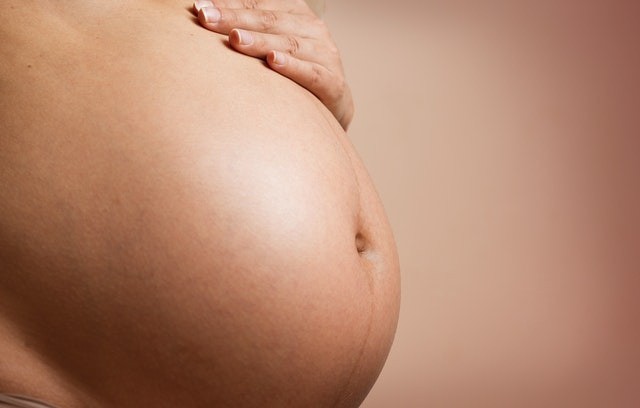In new research, it was specified that the risk of miscarriage in North America increased by 44 percent during the latter part of August, compared to the latter part of February, specifying the need to examine probable links between extreme heat and failed pregnancy.
As specified in a EurekAlert! report, up to "30 percent of pregnancies end in miscarriage," also defined as "pregnancy loss" prior to 20 weeks of pregnancy.
As much as 50 percent of miscarriages are unexplained and there are a few identified risk factors for such pregnancy losses, which can result in post-traumatic stress disorder, depression, and anxiety.
The said new study led by the Boston University School of Public Health researchers has discovered that the risk of miscarriage may arise during the summer season.

Higher Risk of an Early Miscarriage
The new research, published in the Epidemiology journal, investigated seasonal differences in risk of miscarriage and discovered that pregnant individuals in North America had a 44-percent higher risk of an early miscarriage, within eight weeks of pregnancy during summer, specifically in late August, than they did six months earlier in February.
The risk of miscarriage during any week of pregnancy was found to be 31 percent higher in late August than in late February.
Geographically, the outcomes revealed that pregnant women in the South and Midwest, where summer seasons are the hottest, were more likely to suffer this loss in the latter part of August and early September, respectively.
Such findings suggest that additional studies are needed to understand the possible roles of extreme heat, as well as other hot-weather environments or lifestyle exposures in unexpected miscarriage.
Summer and Pregnancy Loss
According to lead and corresponding author Dr. Amelia Wesselink, a BUSHPH research assistant professor of epidemiology, any time one sees a seasonal difference in a result, it can give him hints about the causes of that particular outcome.
A similar Eurasia Review report said that Wesselink also explained that they discovered that miscarriage risk, specifically the risk of "early" pregnancy loss before eight weeks of gestation, was highest during the summer season.
Risk Of Miscarriage May Increase During The Summerhttps://t.co/e2vh7AmjSh
— Eurasia Review (@EurasiaReview) June 27, 2022
Up to 30 percent of pregnancies end in miscarriage, defined as pregnancy loss before 20 weeks of pregnancy. As many as half of miscarriages are unexplained, and there are few known risk factors for the... pic.twitter.com/UL4Wk5pmRf
The professor also said that there is a need to dig into that more to understand what types of exposure are more dominant in the summer, and which of such exposures could explain the increased risk of pregnancy loss.
For this particular research, Wesselink, together with colleagues, examined survey data on miscarriage among pregnancy planners in the BUSPH-based PRESTO or Pregnancy Study Online, an ongoing study since 2013, funded by the National Institutes of Health, enrolling women who try to conceive and follows them from perception until six months from delivery.
Mitigating Probable Risks Linked to Heat Exposure During Pregnancy
One theory is that the summer rises in the risk of pregnancy loss and thus, this is certainly a topic warranting further exploration.
Nevertheless, the study investigators contend that clinicians, policymakers, as well as climate experts can already take action to mitigate the probable risks linked to heat exposure during pregnancy.
Wesselink said they know that heat is linked to a higher risk of other pregnancy results like preterm delivery, low birth weight, and stillbirth, in particular.
She also explained that medical guidance, as well as public health messaging which includes "heat action plans and climate adaptation policies," should consider the possible effects of heat on the health of pregnant women and their infants.
Related information about miscarriage is shown on IntermountainMoms' YouTube video below:
RELATED ARTICLE : Mystery Chemicals Discovered in Pregnant Women and Their Infants Which May Come from Consumer Goods
Check out more news and information on Pregnancy in Science Times.
© 2026 ScienceTimes.com All rights reserved. Do not reproduce without permission. The window to the world of Science Times.










